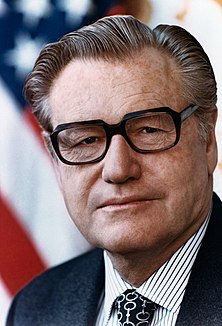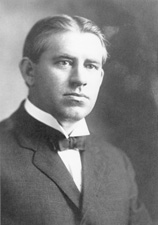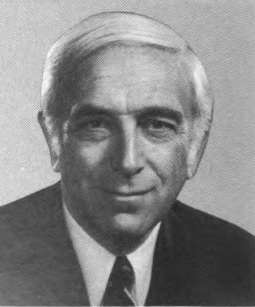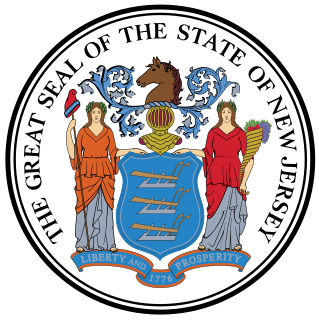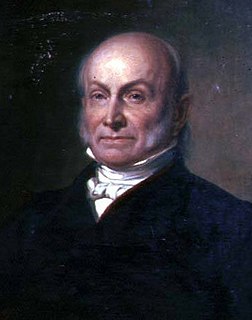| Elections in New Jersey |
|---|
 |
Of the 15 New Jersey incumbents, 14 were re-elected.
| District | Incumbent | Party | First elected | Result | Candidates |
|---|---|---|---|---|---|
| New Jersey 1 | John E. Hunt | Republican | 1966 | Incumbent re-elected. | √ John E. Hunt (Republican) 52.5% James J. Florio (Democratic) 47.0% Raymond V. S. Miller (Independent) 0.2% Dominic W. Doganiero (Soc-Lab) 0.1% Gerrit Hoogenrad (S) 0.1% |
| New Jersey 2 | Charles W. Sandman Jr. | Republican | 1966 | Incumbent re-elected. | √ Charles W. Sandman Jr. (Republican) 65.7% John D. Rose (Democratic) 34.3% |
| New Jersey 3 | James J. Howard | Democratic | 1964 | Incumbent re-elected. | √ James J. Howard (Democratic) 53.0% William F. Dowd (Republican) 47.0% |
| New Jersey 4 | Frank Thompson | Democratic | 1954 | Incumbent re-elected. | √ Frank Thompson (Democratic) 58.0% Peter P. Garibaldi (Republican) 42.0% |
| New Jersey 5 | Peter Frelinghuysen Jr. | Republican | 1952 | Incumbent re-elected. | √ Peter Frelinghuysen Jr. (Republican) 62.0% Frederick M. Bohen (Democratic) 38.0% |
| New Jersey 6 | Edwin B. Forsythe | Republican | 1970 | Incumbent re-elected. | √ Edwin B. Forsythe (Republican) 62.8% Francis P. Brennan (Democratic) 36.1% Ida C. Ebert (Independent) 0.6% Bernardo S. Doganiero (Soc-Lab) 0.5% |
| New Jersey 7 | William B. Widnall | Republican | 1950 | Incumbent re-elected. | √ William B. Widnall (Republican) 57.9% Arthur J. Lesemann (Democratic) 39.9% Martin E. Wendelken (Independent) 2.1% |
| New Jersey 8 | Robert A. Roe | Democratic | 1970 | Incumbent re-elected. | √ Robert A. Roe (Democratic) 63.1% Walter E. Johnson (Republican) 36.9% |
| New Jersey 9 | Henry Helstoski | Democratic | 1964 | Incumbent re-elected. | √ Henry Helstoski (Democratic) 55.8% Alfred D. Schiaffo (Republican) 44.2% |
| New Jersey 10 | Peter W. Rodino | Democratic | 1948 | Incumbent re-elected. | √ Peter W. Rodino (Democratic) 79.7% Kenneth C. Miller (Republican) 20.3% |
| New Jersey 11 | Joseph G. Minish | Democratic | 1962 | Incumbent re-elected. | √ Joseph G. Minish (Democratic) 57.5% Milton A. Waldor (Republican) 39.7% Philip R. Nicolaus (Independent) 1.5% James R. Klimaski (Peoples) 1.3% |
| New Jersey 12 | Florence P. Dwyer | Republican | 1956 | Incumbent retired. New member elected. Republican hold. | √ Matthew John Rinaldo (Republican) 63.5% Jerry Fitzgerald English (Democratic) 36.2% Stanley Bogus (Independent) 0.4% |
| New Jersey 13 | None (district created) | New seat. New member elected. Republican gain. | √ Joseph J. Maraziti (Republican) 55.7% Helen Meyner (Democratic) 42.9% Samuel Golub (Independent) 1.4% | ||
| New Jersey 14 | Dominick V. Daniels | Democratic | 1958 | Incumbent re-elected. | √ Dominick V. Daniels (Democratic) 61.2% Richard T. Bozzone (Republican) 34.3% Edward F. Zampella (Independent) 3.1% Perfecto Oyola (Independent) 0.9% Vincent J. Carrino (Independent) 0.5% |
| Cornelius Edward Gallagher Redistricted from the 13th district | Democratic | 1958 | Incumbent lost renomination. Democratic loss. | ||
| New Jersey 15 | Edward J. Patten | Democratic | 1962 | Incumbent re-elected. | √ Edward J. Patten (Democratic) 52.3% Fuller H. Brooks (Republican) 47.7% |
